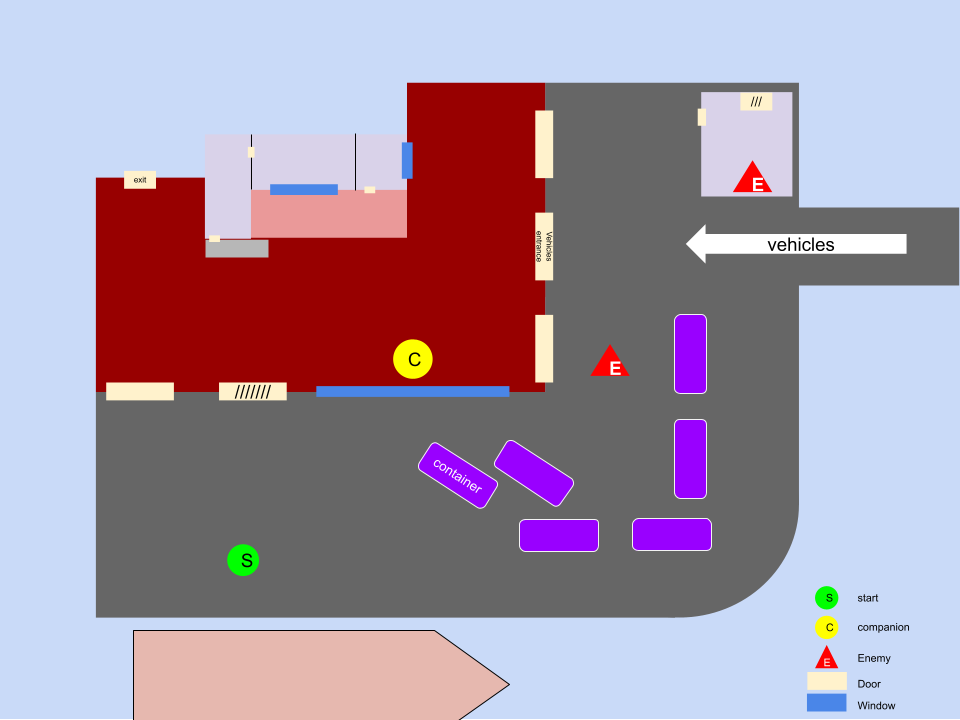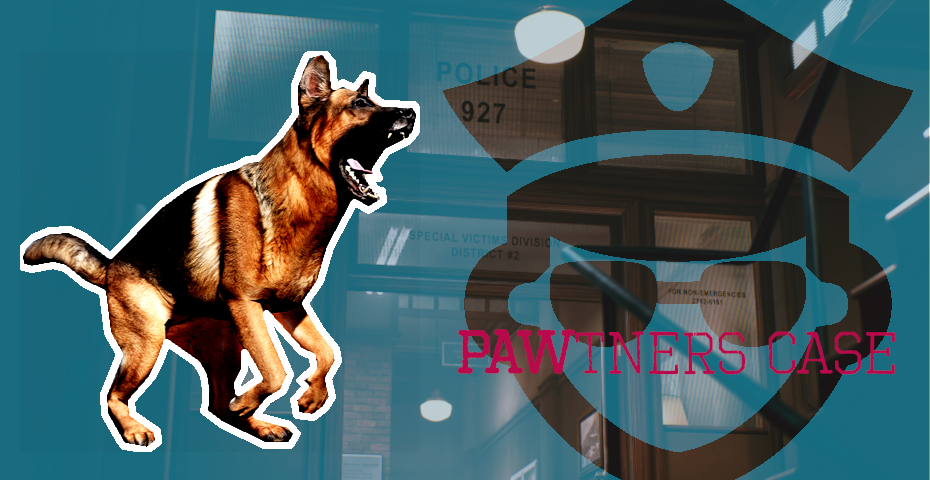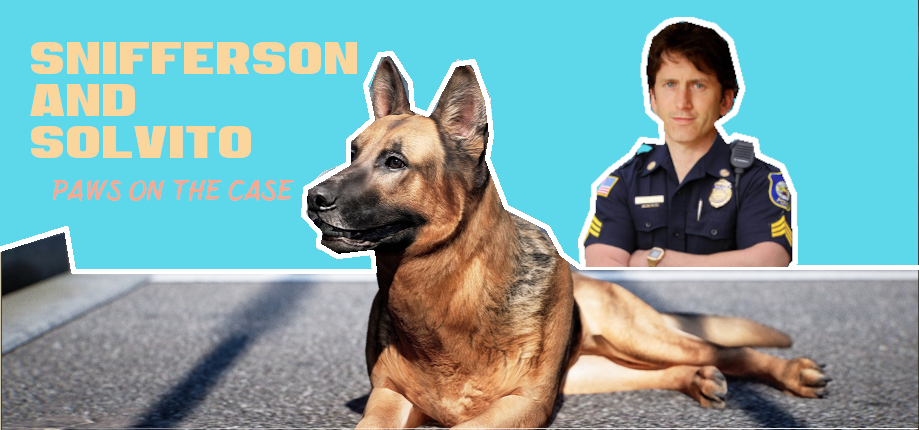This week I have worked intensively on my indie game, Pawtners Case. You are a police dog and you have to help your colleagues to solve cases.
The first level I am prototyping is a medium one. The goal is straightforward, you need to reunite with your colleague, Agent Quinn, and escape a warehouse. There is a bomb to dismantle, too.
This week I have implemented a lot of features, and a blockout. You can see the result here:
For the blockout, I started by looking for references and setting up a moodboard:

Then, I proceeded to create a notepad where I defined my goals, the sequence, and so on. Later I created a map:

Then, in Unreal Engine I set up the level, iterating on the concept. I have to say that I find Unreal Engine versatile for a game designer. It has integrated a gameplay framework that makes things easier. I am happy with my choice!

